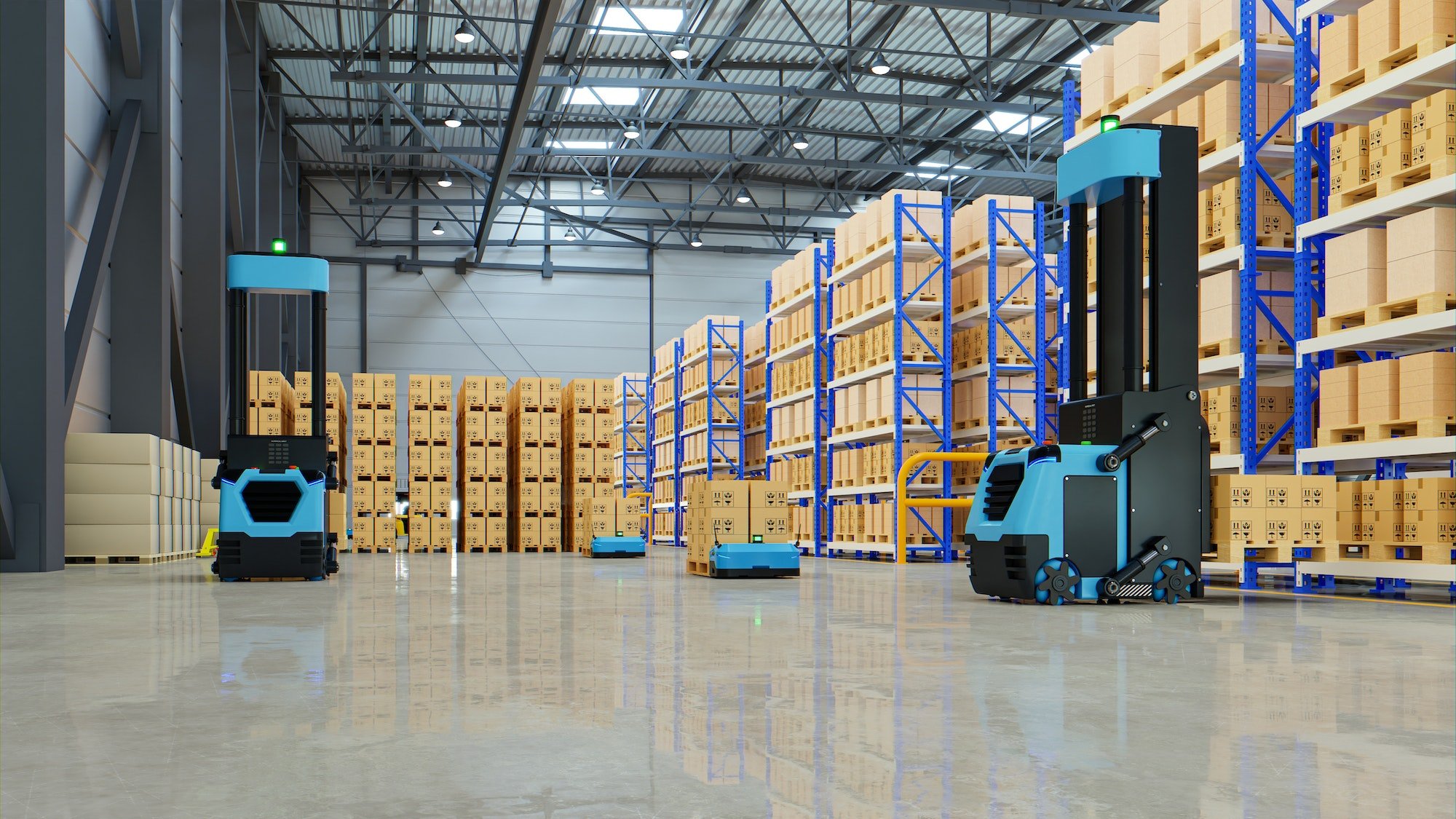Forklifts are indispensable pieces of equipment that are used in a wide variety of industries, from retail to warehousing. They enable workers to lift and move heavy items quickly and safely, making them an invaluable tool for businesses. However, like any other piece of equipment, forklifts require regular maintenance to keep them running smoothly and safely. This comprehensive guide will discuss the importance of proper forklift maintenance, tips for ensuring it is done correctly, and how it can help prolong the life of your fleet.
The Importance of Forklift Maintenance
Forklift maintenance is essential to the safety of your workers and the efficiency of your operations. Regular maintenance helps ensure that your forklifts are running at their peak performance, reducing the risk of breakdowns, malfunctions, and even accidents. It also enables you to catch any potential issues before they become serious, which can help you avoid costly repairs and downtime.
Forklift maintenance should be done regularly according to the manufacturer’s specifications. This includes checking the forklift for any signs of wear and tear, such as cracks, rust, or loose parts. It also involves changing the oil and checking the engine, transmission, and brakes for any issues. Additionally, the forklift’s tires should be checked and inflated to the correct pressure.
In addition to the regular maintenance, forklifts should also be inspected regularly by a qualified technician. This ensures that all components are in good working order and that any potential issues are caught before they become serious. A qualified technician can also provide advice on how to keep your forklifts in top condition and help you identify any potential problems before they become costly repairs.
Tips for Ensuring Proper Forklift Maintenance
To ensure that your forklifts are properly maintained, there are some tips you can follow:
- Make sure to follow the manufacturer’s recommended maintenance schedule.
- Check the forklift for any signs of wear or damage.
- Inspect the engine, transmission, and brakes regularly.
- Change the oil and check the fluid levels regularly.
- Check the tires for any signs of wear or damage.
- Have a qualified technician inspect the forklift regularly.
Following these tips can help you keep your forklifts in top condition and reduce the risk of costly repairs or downtime.
How Maintenance Can Prolong the Life of Your Fleet
Proper maintenance can help prolong the life of your forklifts by preventing costly repairs and reducing the risk of breakdowns. Regular maintenance helps identify any potential issues before they become serious, which can save you time and money. Additionally, it can help ensure that your forklifts are running at their peak performance, which can improve efficiency and reduce downtime.
Forklift maintenance is also important for safety. Regularly inspecting and maintaining your forklifts ensures that all components are in good working order and reduces the risk of accidents or malfunctions. This can help keep your workers safe and ensure that your operations are running smoothly.
Conclusion
Forklift maintenance is an essential part of keeping your fleet in top condition and prolonging its life. Regular maintenance should be done according to the manufacturer’s specifications, and it should be inspected regularly by a qualified technician. By following these tips and ensuring that your forklifts are properly maintained, you can reduce the risk of costly repairs, improve efficiency, and keep your workers safe.
For more information on forklift maintenance and fleet management, be sure to check out HCI Innovations forklift fleet management guide.

